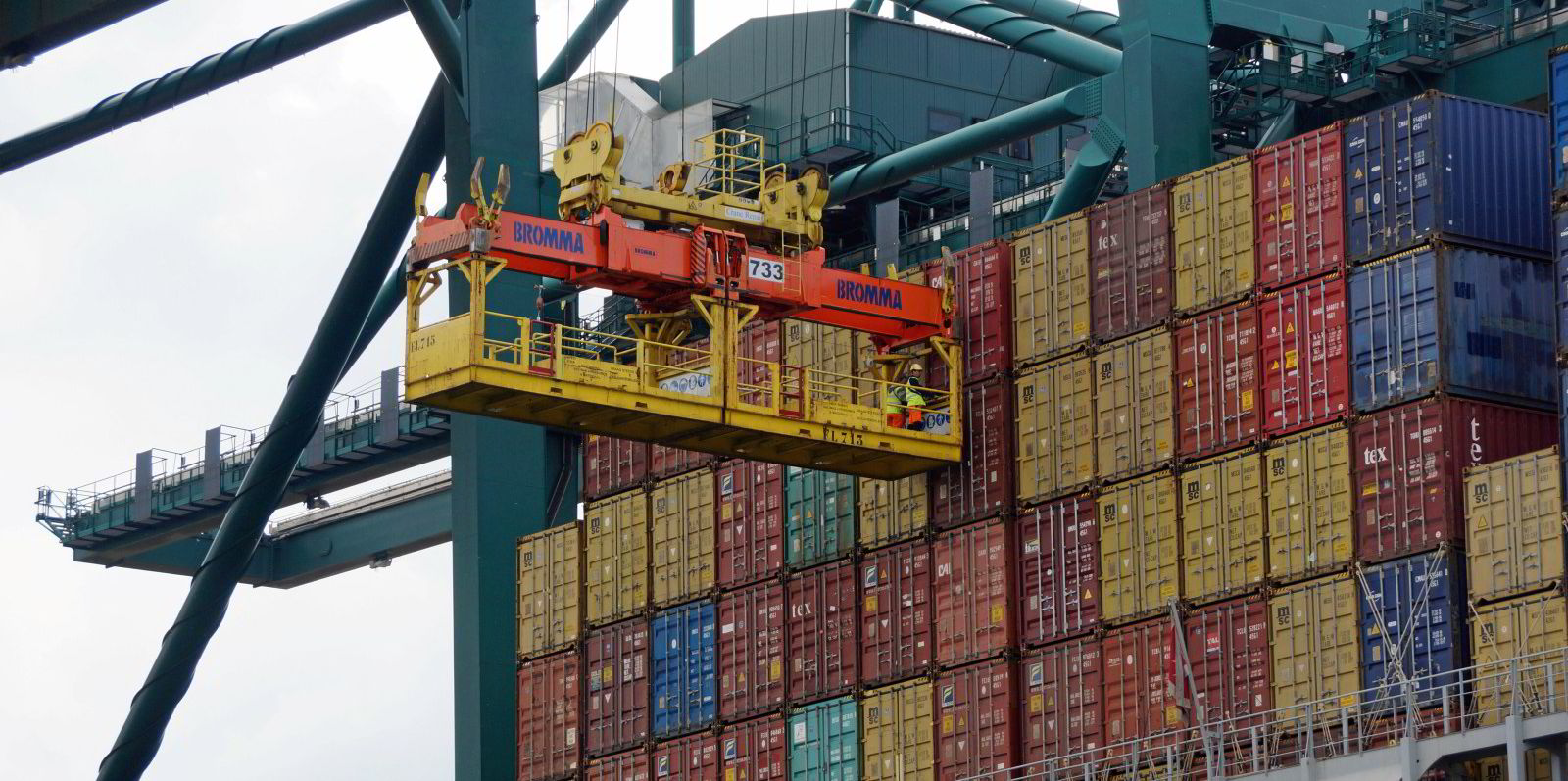The World Shipping Council is once again asking Congress not to blame liners for the supply chain congestion currently choking the US economy.
The Washington-based industry group said on Friday that US agricultural exports — whose issues appeared to prompt US government action last year — were strong in 2021 and are expected to be even stronger in 2022.
The council said lawmakers should resist the urge to “do something” as the Ocean Shipping Reform Act makes its way through the legislature.
“As the Senate prepares to debate legislation that would have far-reaching impacts on global trade, they must take a careful and targeted approach,” said World Shipping Council president John Butler.
“Instead of penalising ocean carriers for factors outside of their control and throwing international shipping into disarray, lawmakers should focus their efforts on the crux of the supply chain problem: landside.”
Butler said the US government should support the private sector in making the supply chain more efficient and resilient.
“Working together – ships and stores, trains and trucks, public and private sectors – we can manage the current import influx and position America’s supply chain for long-term success,” he said.
The Ocean Shipping Reform Act was proposed by Representative John Garamendi of California and Representative Dusty Johnson of South Dakota. Garamendi is a Democrat and Johnson a Republican.
The bill, which was passed by the House of Representatives by a nearly 300-vote margin, would force liner operators to justify detention and demurrage charges, which have become a bone of contention between the shipping industry and US shippers.
Liner operators would also have to establish service standards, refrain from declining US exports “unreasonably” and give the Federal Maritime Commission (FMC) the power to initiate investigations on its own.
Clogged ports
The proposal came as ships backed up off major west coast ports and terminals were jam-packed with containers thanks to skyrocketing consumer demand. The situation was a financial boon for liner operators, who enjoyed massive profits, but helped ramp up inflation.

Sources told TradeWinds that the legislation, and a push from the White House to investigate shipping companies via a President Joe Biden executive order, was pushed for by agriculture exporters who felt they were losing market share abroad.
But the World Shipping Council cites testimony from agriculture secretary Tom Vilsack, who told the House Committee on Agriculture earlier this month that the US exported $172bn in farm and food products in 2021, a 23% rise from 2020.
He further said the outlook for 2022 “looks optimistic for continued growth of agricultural exports”.
Congestion also prompted investigations into several liner operators, with the FMC probing Wan Hai Lines and Hapag-Lloyd for charging shippers for holding onto containers, despite refusing to take them back.
Hapag-Lloyd and Mediterranean Shipping Co are also the subjects of complaints before the FMC from shippers over similar conduct, which both have disputed.




